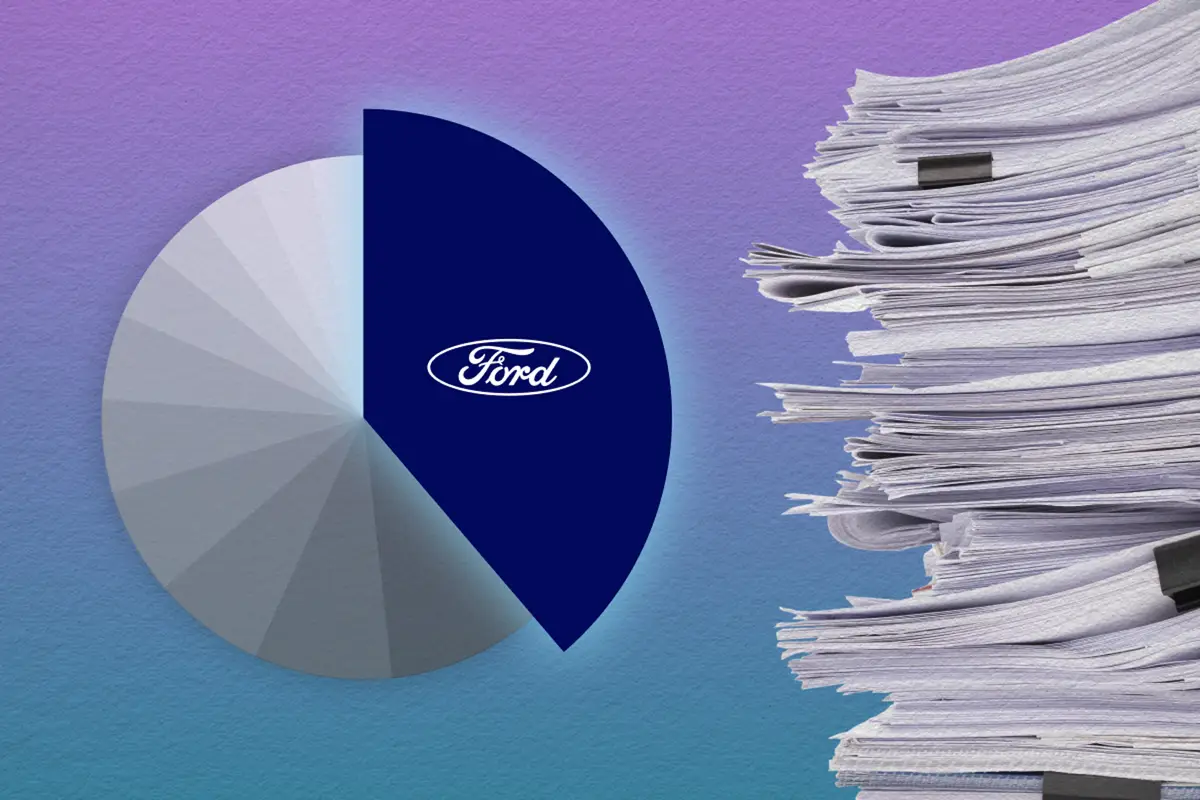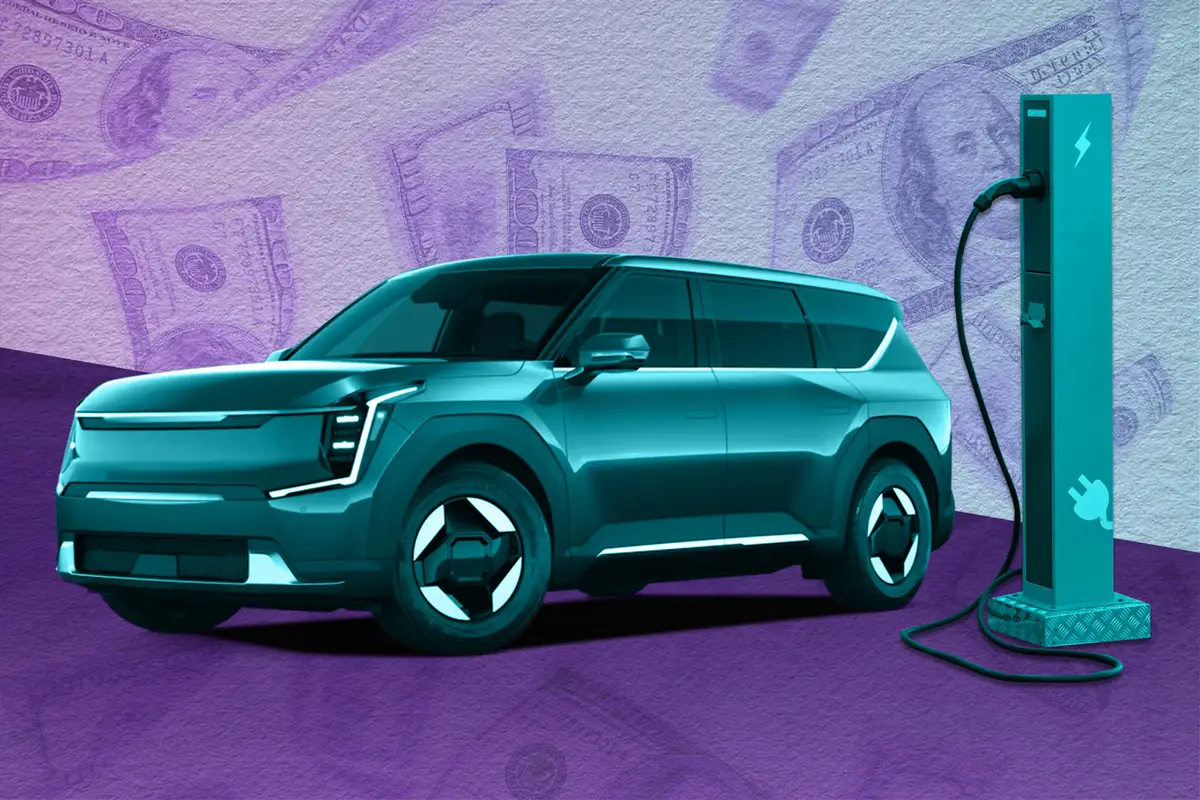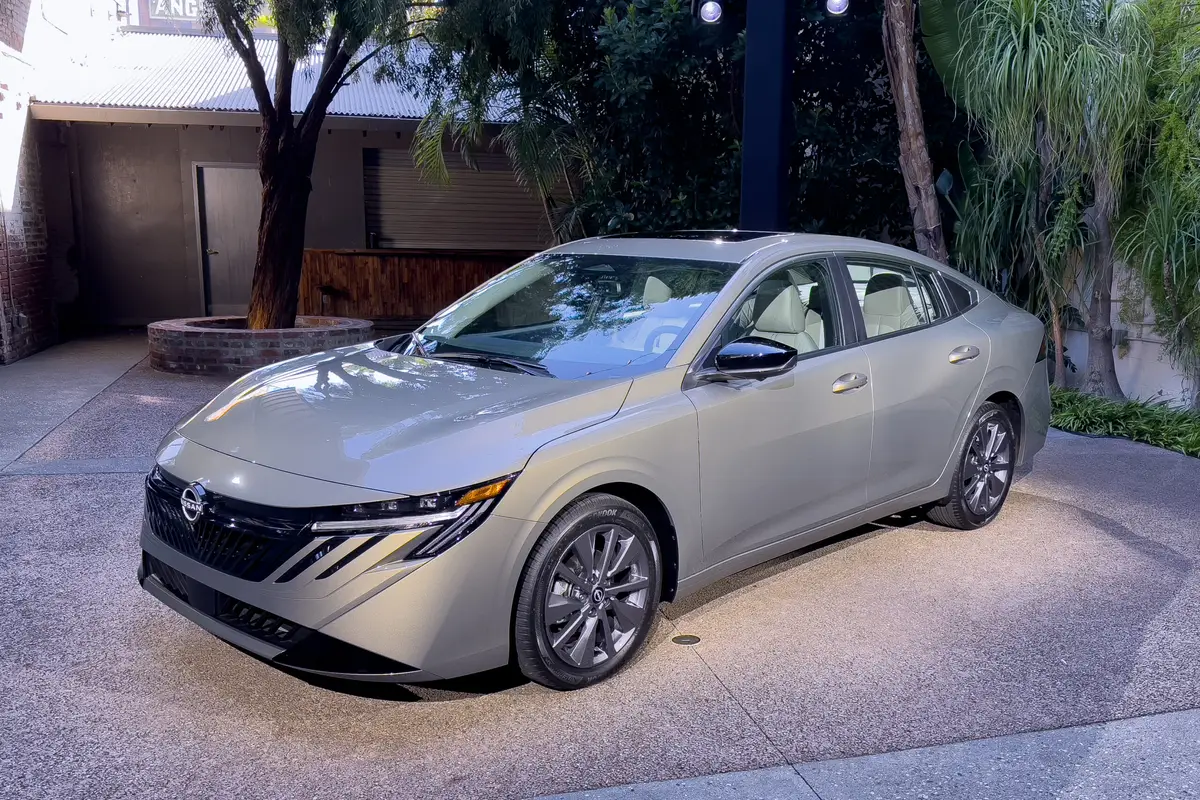Should Buyers Be Worried That Ford Broke the Recall Record for a Year in Just 6 Months?

Ford Motor Co. has issued more safety recalls so far in 2025 than any other car company has in a full calendar year, and it did so in just the first half the year, breaking the previous record set by GM in 2014 with 77 recalls for that year. What does this mean, and should consumers be concerned?
Related: More Ford News
As of July, Ford has issued 94 recalls for over 6.3 million vehicles through the National Highway Traffic Safety Administration, accounting for 39% of all safety recalls so far this year. Of those, 16 recalls were for over 100,000 vehicles each. For comparison, GM has issued 16 recalls in 2025, amounting to almost 919,000 vehicles, while Honda has issued just 14 recalls for nearly 795,000 vehicles. The company that comes closest to Ford is Forest River, a recreational vehicle company that has issued 23 recalls, accounting for just 9% of all recalls in 2025.
Here is a list of the largest recalls Ford has issued so far in 2025:
- Ford Recalls Over a Million Vehicles for Rearview Camera Issue
- 850,000 Ford, Lincoln Vehicles Recalled for Fuel Pumps
- Ford Recalls 694,000-Plus Bronco Sport, Escape SUVs for Fire Risk
- 492,000-Plus Ford Explorer SUVs Recalled for Detaching Door Trim
- 312,000-Plus Fords, Lincolns Recalled for Loss of Power Brake Assist
- Ford Recalls 304,000-Plus Explorer, Aviator SUVs for Seat Switches
- 273,000-Plus Ford Expedition, Lincoln Navigator SUVs Recalled for Brake Issue
- Ford Recalls 272,000-Plus Bronco Sports, Mavericks for Failing Battery
What Do the Recalls Mean?
- The number of recalls may not be telling the full story.
- Ford says it has increased its systems testing, as well as its number of safety and technical experts.
While it’s easy to look at this record-breaking number of recalls and think that Ford has been producing low-quality vehicles, the count alone may not tell the full story. Ford issued a press release July 16 in which it claimed that the spike in recalls is a result of the automaker holding itself more accountable. According to Ford, the automaker has more than doubled its team of safety and technical experts in the past two years, as well as significantly increased its testing on systems including powertrains, steering and braking.
What’s Going On?
- The higher number of recalls by Ford is most likely due to its new testing and procedures, as well as outside pressure.
- So far in 2025, Ford has issued recalls in 11 component categories, and not all were a result of vehicle quality testing.
- Ford was ordered in late 2024 to pay $165 million because it took too long to recall over 600,000 vehicles with defective backup cameras.
The increase in recalls can likely be linked to Ford’s more rigorous testing and procedures, as stated by the automaker in the above press release. However, such moves have almost certainly been made due to pressure from the federal government, NHTSA and the public.
One interesting thing to think about is that there doesn’t seem to be a pattern in what causes the recalls being issued. Ford has issued recalls in 11 different categories this year, including electrical systems, backup camera issues, powertrain, brakes, suspension, fuel system, airbags, seat belts, visibility and structure. Some 25% of the automaker’s recalls have been related to an electrical issue, the highest amount for a single category. This could point to the company’s quality control and aggressive testing rooting out issues so it can catch problems before they impact consumers.
However, not all recalls have been a result of rigorous testing of vehicle quality. For example, in June, Ford had to recall over 197,000 Mustang Mach-E electric SUVs after receiving complaints that customers were unable to open doors. This issue stemmed from the vehicle having low battery charge and could have resulted in people being unable to enter the vehicle, as well as being trapped inside the car.
In November 2024, Ford was hit with a $165 million penalty because the automaker took too long to recall over 600,000 vehicles with defective backup cameras. Of that penalty, $65 million was to be paid to the government, $55 million was being held in abeyance subject to compliance with the agreement, and $45 million was to be spent on advanced data analytics, a new testing facility and other projects.
Read More About Recalls:
- Recall Basics: Everything You Need to Know
- My Car Is Recalled, But There’s No Fix Yet: What Do I Do?
- Why Can Dealers Sell Used Cars With Unfixed Recalls?
- More Ford Recall News
- Research Ford Vehicles
What Does This Mean for the Consumer?
- As Ford’s vehicles have been shown to have higher initial quality, it’s possible the increased number of recalls will result in an improvement in dependability later.
It’s easy to look at the spike in recalls and be unmotivated to buy a Ford vehicle, and it wouldn’t be unreasonable to have that reaction; this is an unprecedented number of recalls, and it certainly is alarming. However, these recalls point to Ford being accountable and trying to resolve its errors. Forcing itself to root out problems should lead to better dependability a few years down the road, and we’ve already seen it lead to better initial quality with Ford’s most recent vehicles, according to J.D. Power studies.
Quality and Dependability Testing
- Though Ford earned the most awards in the J.D. Power’s 2025 U.S. Initial Quality Study, it still ranked average.
- Ford also fell below average in J.D. Power’s 2025 U.S. Vehicle Dependability Study, which looks at reliability for 3-year-old cars.
Ford was the most awarded brand in the J.D. Power 2025 U.S. Initial Quality Study, with four vehicles coming in at the top of their segments, and at least half of Ford’s vehicles placed in at least the top three in their respective categories. Lincoln, Ford’s luxury arm, also improved, moving up six spots among all brands compared to 2024. However, this doesn’t mean Ford was the highest-performing brand on average. The study is measured by problems per 100 vehicles, and in that metric, Ford placed right in the middle of the pack: The study’s average was 192 problems per 100 vehicles, and Ford scored just below with 193.
The Initial Quality Study, however, measures vehicle quality in the first few months on the road, not dependability. In the 2025 J.D. Power U.S. Vehicle Dependability Study, which tests vehicle dependability in the first three years on the road, Ford ranked 13th among the 31 companies surveyed with 208 problems per 100 vehicles, falling just below the average of 202. Lincoln, meanwhile, ranked 20th with 221 problems per 100 vehicles.
As for the future, it’s up to the consumer whether they would like to trust Ford or go in a different direction.
Related Video:
Cars.com’s Editorial department is your source for automotive news and reviews. In line with Cars.com’s long-standing ethics policy, editors and reviewers don’t accept gifts or free trips from automakers. The Editorial department is independent of Cars.com’s advertising, sales and sponsored content departments.
Featured stories



